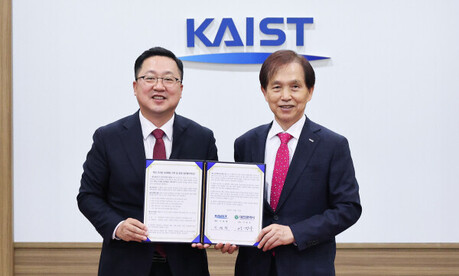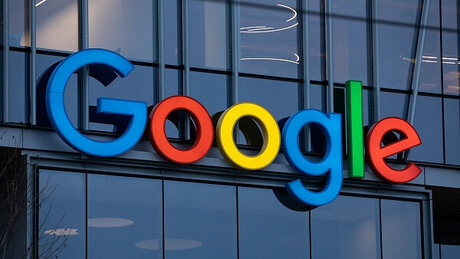
The ongoing debate over whether the Artificial Intelligence industry is heading toward a massive financial bubble has intensified following a sharp rejection from the U.S. government regarding any potential federal bailout for AI firms. David Sacks, the Trump administration's "Tsar" for AI and cryptocurrency, unequivocally stated on November 6 (local time) that "There will be no AI bailout," signaling a firm stance against government intervention in the burgeoning sector.
Sacks, leveraging his platform on X (formerly Twitter), argued that the U.S. boasts at least five pioneering AI model companies. His position is rooted in the principle of private-sector competition, asserting that "if one fails, another will take its place." This statement dismisses the notion that any single company is too big or too essential to fail, underscoring the government's commitment to market forces.
Sacks's direct statement serves as a potent rebuttal to recent comments made by Sarah Fryar, the Chief Financial Officer (CFO) of OpenAI. Speaking at an event the day before, Fryar suggested that OpenAI was actively exploring ways the government could become involved, potentially through federal subsidies, to support the vast infrastructure required for scaling AI.
Fryar explicitly mentioned the necessity of an ecosystem—including banks, private equity, and the government—to finance the expansion of AI chip infrastructure. The most controversial element of her proposal was the call for a "backstop"—a financial safety net—which she claimed would "significantly lower the interest rate for funding." This terminology ignited a considerable controversy, with critics immediately interpreting it as a thinly veiled request for a federal guarantee or, in effect, a government-backed insurance policy against failure.
The government's swift denial effectively shuts the door on such a public-private partnership that would insulate AI firms from market risk. The administration appears determined to keep the AI industry subject to the discipline of the free market, rather than adopting a model where taxpayer funds would cushion investment risks.
Beyond the financial debate, Sacks also addressed the escalating rhetoric surrounding the AI sector. He dismissed both the "gigantic bubble" thesis and the alarmist predictions of an imminent "superintelligence" (ASI) emergence as "highly unlikely to be true." This measured response attempts to cool both the financial hyperbole and the existential fear that often characterize public discourse on AI.
In a related remark, Sacks touched upon infrastructure, emphasizing his commitment to streamlining the permitting and development of power infrastructure without raising residential electricity rates. This points to the administration's focus on indirectly supporting the power-hungry AI industry by tackling regulatory hurdles and supply-side constraints, rather than providing direct financial assistance.
The government’s firm refusal to entertain an AI bailout underscores a fundamental policy decision: to maintain the U.S. AI sector as a realm defined by intense private competition and innovation. The message to investors and AI executives is clear: the rewards are immense, but the risks remain entirely their own.
[Copyright (c) Global Economic Times. All Rights Reserved.]






























